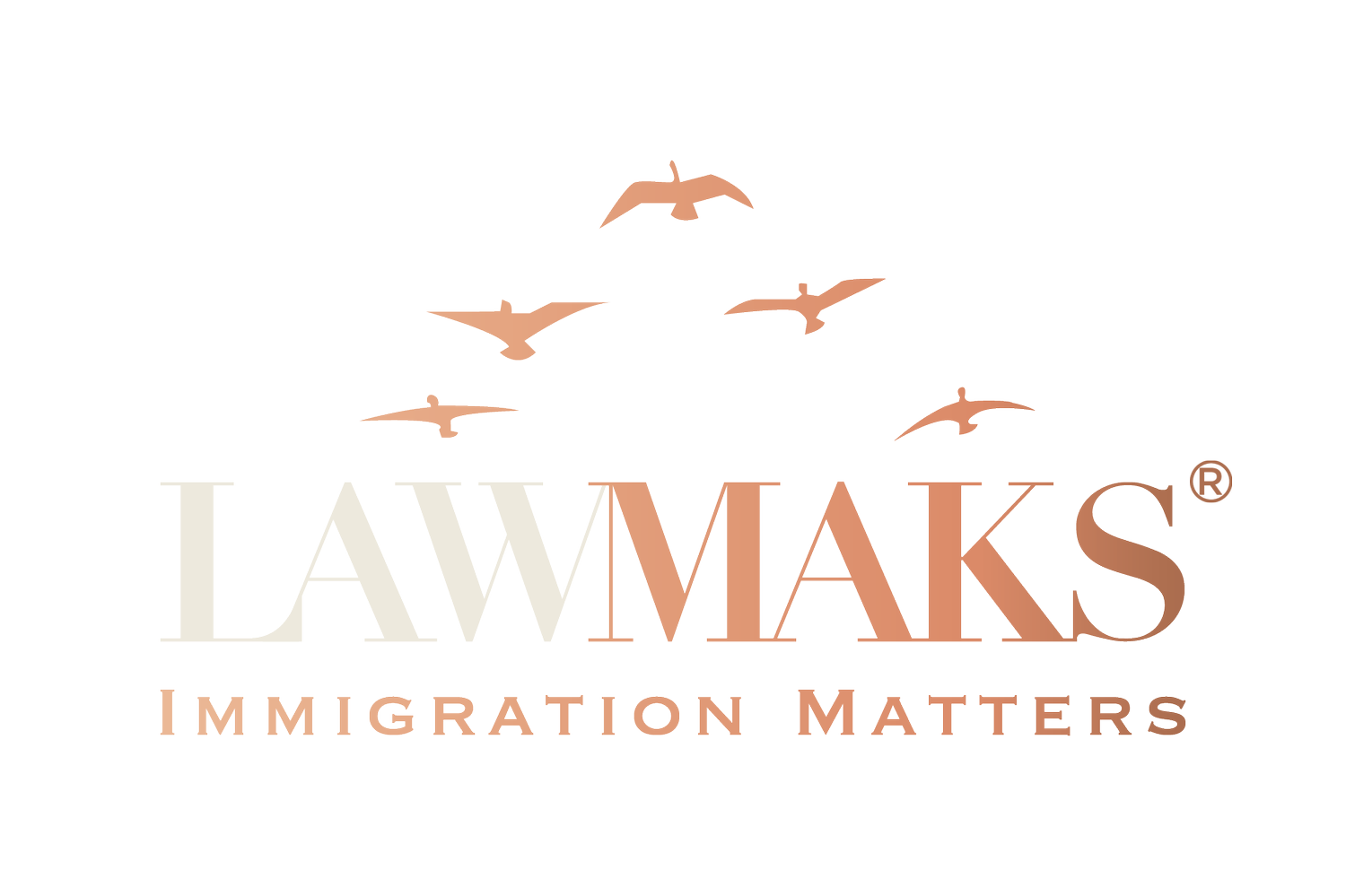TRAVEL BAN (WAIVER)
Iranian nationals, along with nationals from 7 other countries (Chad, Libya, North Korea, Somalia, Syria, Venezuela, and Yemen) are subject to the Presidential Proclamation 9645, dated September 24, 2017 with an applicable implementation date of December 8, 2017.
This was following the December 4 2017 stay by the Supreme Court pending further proceedings in the courts of appeals.
According to the Presidential Proclamation 9645 dated September 24, 2017, which was implemented as of December 8, 2017, a Waiver may be granted on a case-by-case basis as follows:
“(iv) Case-by-case waivers may not be granted categorically, but may be appropriate, subject to limitations, conditions, and requirements set forth under subsection (i) of this subsection and the guidance issued under subsection (ii) of this subsection, in individual circumstances such as the following:
The foreign national has previously been admitted to the United States for a continuous period of work, study, or other long-term activity, is outside the United States on the applicable effective date under section 7 of this proclamation, seeks to reenter the United States to resume that activity, and the denial of reentry would impair that activity;
The foreign national has previously established significant contacts with the United States but is outside the United States on the applicable effective date under section 7 of this proclamation for work, study, or other lawful activity;
The foreign national seeks to enter the United States for significant business or professional obligations and the denial of entry would impair those obligations.
The foreign national seeks to enter the United States to visit or reside with a close family member (e.g., a spouse, child, or parent) who is the United States Citizen, lawful permanent resident, or alien lawfully admitted on a valid nonimmigrant visa, and the denial of entry would cause the foreign national undue hardship;…” Federal Register / Vol. 82, No. 186 / Wednesday, September 27, 2017 / Presidential Documents 45169;
For purposes of determining if someone is eligible for the waiver based on a “close family member,” the guidance indicates that, in the context of the Proclamation, the term “close family member” only includes spouses, children under the age of 21, and parents of U.S. Citizens, of lawful permanent residents, and of alien lawfully admitted to the U.S. on a valid nonimmigrant visa. While the INA definition includes only children, spouses, and parents of a U.S. Citizen, in the context of the Presidential Proclamation it also includes these relationships with LPRs and aliens lawfully admitted on a valid nonimmigrant visa in addition to U.S. Citizens.
According to the DOS guidance dated December 4, 2017, “…a consular officer will make a determination whether an applicant otherwise eligible for a waiver under the Proclamation and therefore issued a visa.”
According to said DOS guidance, a Waiver may be granted on a case-by-case basis, if a foreign national demonstrates to the consular officer’s or CBP official’s satisfaction that:
Denying entry would cause the foreign national undue hardship;
Entry would not pose a threat to the national security or public safety of the U.S.; and
Entry would be in the national interest;
Hardship: You must make arguments as to why the U.S. Petitioner may not be able to go back to Iran on a long term basis and point out the hardships such as loss of job, or University enrollment, etc. In addition, any emotional or financial hardship may be discussed.
National Security: As the U.S. Embassy no longer honors Iranian issued Police Clearance Letters, we take added measures to clear Beneficiary’s name(s). Lastly, you must complete detailed Form DS-5535.
National Interest: In order to prove that the issuance of the visa is in the National Interest, we review with you your educational background, and your aspirations for after you enter the United States. We also point out long standing U.S. national policies which aim to keep families together as well as United States Congressional Acts which combat nationalism and racism.
The Presidential Proclamation stipulates that the Secretaries of State and Homeland Security shall “adopt guidance addressing the circumstances in which waivers may be appropriate for foreign nationals seeking entry as immigrants or nonimmigrants.” The December 4th alert by DOS refers back to the proclamation and is virtually a reiteration of the Proclamation itself.
To date, the administration has not offered a detailed guidance on the waiver program, and we are left with unanswered questions as to what the Administration considers “undue hardship,” what criteria determines whether a waiver is “in the national interest,” and how a consular or CBP officer will determine whether a foreign national poses a threat.
In a U.S. Senate Letter written by Senators Chris Van Hollen (D-MD) and Jeff Flake (R-AZ) on January 31, 2018, a complaint is made regarding the fact that the Secretaries of State and Homeland Security have failed to guidance to consular posts or CBP officers on how to go about the “case by case” determination.
For a copy of this letter, please click here.


